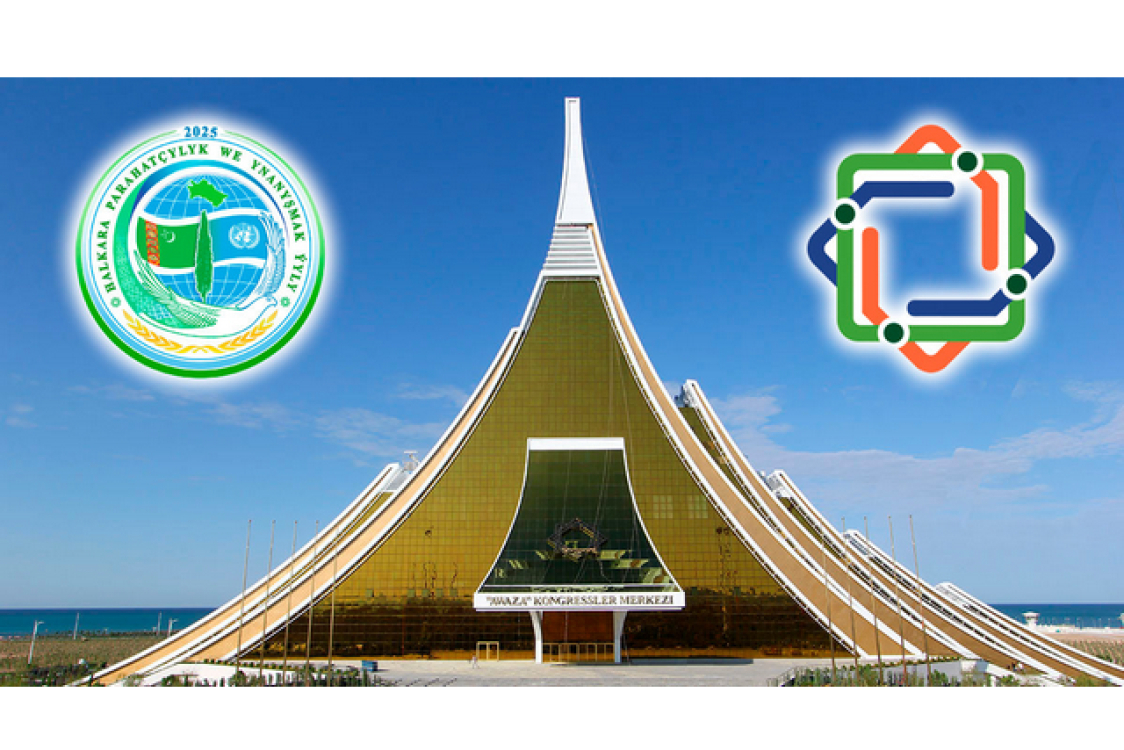
On the sidelines of the Third UN Conference on Landlocked Developing Countries (LLDC 3), held in the ‘Avaza’ National Tourist Zone, a series of parallel events were held on sustainable development, digitalisation, investment and climate risk management. This was reported by the state news agency TDH.
The WTO session discussed the digitisation of document flow in international transport corridors as a way to reduce logistics costs and improve LLDCs' access to global markets. Participants emphasised the importance of introducing modern technologies and a legal framework for digital logistics.
During the discussion on sustainable land use, water use and trade, the need for investment in these interrelated areas was highlighted, as food security and economic stability depend directly on them.
Particular attention was paid to the role of agricultural research centres in adapting the LLDCs' agricultural sector to climate challenges. The importance of scientific approaches and the introduction of modern agricultural technologies was noted.
At the session on the implementation of the Awaza Action Programme for 2024–2034, the need to coordinate efforts in all key areas of development, from infrastructure to climate resilience, was emphasised.
The event on youth start-ups highlighted the role of young people as drivers of innovation and economic transformation. Initiatives supporting digital entrepreneurship among young people were discussed.
The topic of public-private partnerships in the agricultural sector was raised in the context of the need to attract investment and expand the role of the private sector.
The issue of climate change, including glacier melt, was considered critical for sustainable water supply and energy. Turkmenistan declared its commitment to environmental initiatives and international cooperation.
The session on infrastructure investment discussed the importance of modernising transport and communications infrastructure for the integration of the LLDCs into regional and global markets. Turkmenistan's achievements in investment policy were mentioned.
A separate event was devoted to new technologies as a means of overcoming the geographical constraints of the LLDCs and accelerating their development.
Disaster risk reduction in the context of the Kigali Action Programme was seen as key to sustainable development and infrastructure strengthening.
The high-level political dialogue emphasised the importance of a strategic approach to integrating LLDCs into the global economy through the development of partnerships, trade and digital transformation.
Concluding the day, participants highlighted the significant potential of LLDCs and the need for coordinated action at the national, regional and global levels to realise this potential and achieve the Sustainable Development Goals.













 Read us in Zen
Read us in Zen



